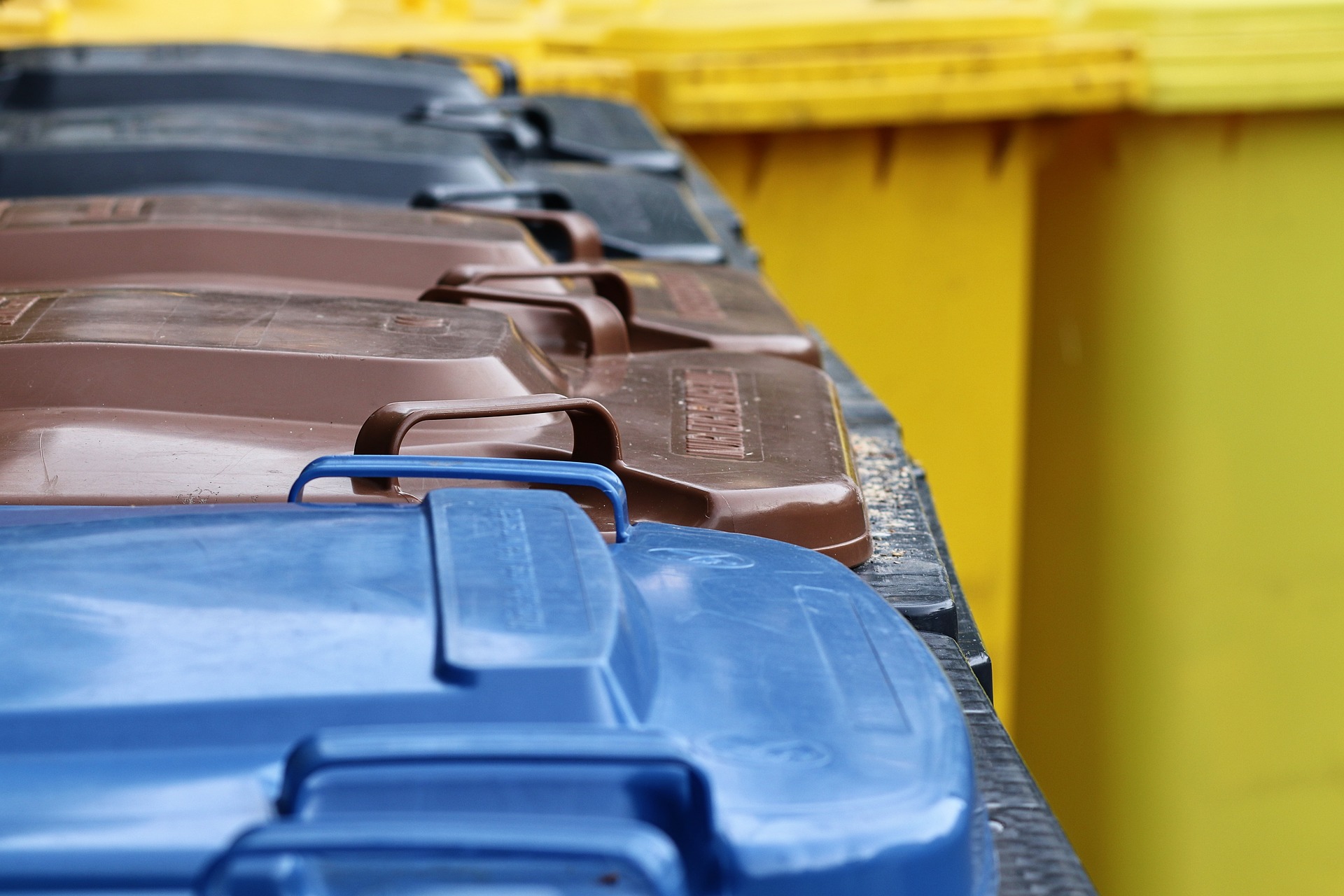Hydrogen-Powered Garbage Trucks Are Collecting Waste in Groningen, Netherlands

All around the world, across all kinds of industries, governments and companies are looking at ways of adopting greener methods. To achieve more environmentally-friendly waste collection and reduce emissions, hydrogen-powered garbage trucks could be one excellent solution.
They have already been in use in the Dutch municipality of Groningen since 2021, and they are proving to be a success story.
How do hydrogen-powered garbage trucks work?
Petrol-powered garbage trucks can harm the environment. In fact, they can even cause injuries. Drivers, bikers, cyclists, and pedestrians who are struck by a waste collection vehicle can end up experiencing serious injuries. And local government entities, private companies, and insurers can end up paying compensation to injured parties.
While the introduction of hydrogen-powered garbage trucks for picking up waste may not be any safer in terms of road accidents. They are undoubtedly safer for the environment.
The municipality of Groningen in the Netherlands is leading the way. It now uses several hydrogen-powered garbage trucks to collect residual waste, through the Interreg North West Europe Programme’s HECTOR project.
Groningen now utilises fourteen hydrogen-powered vehicles, and it is set to expand its fleet in the near future. As for the vehicles themselves, the main hydrogen-powered model being used in Groningen is a rear-end loader refuse collection vehicle that has a lifting device.
Vehicles with side loaders will also soon be used to collect smaller bins.
Each HyTrEc2 refuse collection vehicle is powered by a 30kW fuel cell. That means the vehicles run exclusively on environmentally-friendly hydrogen. In turn, that means the air of Groningen stays clean.
The municipality of Groningen has bold environmental plans. It aims to cut emissions dramatically and be energy neutral by the year 2035. Deploying zero-emission hydrogen garbage trucks will undoubtedly contribute to Groningen reaching its set targets.
Hydrogen-powered Trucks Could Power Tool Batteries Too
Hydrogen-powered garbage trucks will certainly go some way in reducing emissions and providing Groningen with cleaner air. And the more trucks that are rolled out, the cleaner and greener the place can become.
But the program is not just about reducing emissions. Like other cities, a lot of heavy equipment that needs to be powered is used by the local government in Groningen to carry out multiple tasks. But the tools require a lot of battery power.
So, the local government is looking at using its hydrogen-powered vehicles to power those batteries.
Experts have been closely monitoring the effectiveness of hydrogen-powered waste collection vehicles to see how much power is used. Seeing as small tools require less power, there is the opportunity to use hydrogen-powered garbage trucks to power the tools.
Waste collectors would convert hydrogen into electricity and charge the batteries while they are working in order to enable the batteries to last much longer.
So, by using hydrogen-powered garbage trucks, both cleaner energy and more amounts of energy for batteries can be produced. And Groningen looks set to take full advantage of that.
Hydrogen-powered Garbage Trucks Are Also Being Tested in Other European Cities
It is not only Groningen that is rolling out hydrogen-powered garbage trucks. Under the HECTOR project, which aims to demonstrate that its garbage trucks can provide an effective solution to reduce emissions from road transport across North West Europe, six other cities will be used as pilot sites.
The cities that will be using the hydrogen-powered trucks are Aberdeen in Scotland, Duisburg and Herten in Germany, Brussels in Belgium, Touraine Vallée de l’Indre in France, and another city in the Netherlands: Arnhem.
As briefly mentioned earlier, the HECTOR project is part of the Interreg North-West Europe Programme, which aims to make north-western Europe a major economic player with high levels of sustainability.
(Disclaimer: Devdiscourse's journalists were not involved in the production of this article. The facts and opinions appearing in the article do not reflect the views of Devdiscourse and Devdiscourse does not claim any responsibility for the same.)










